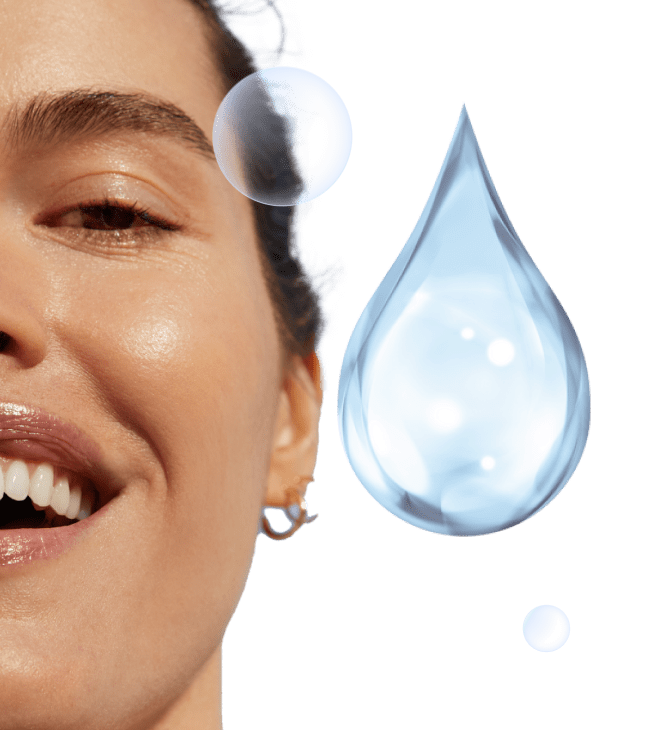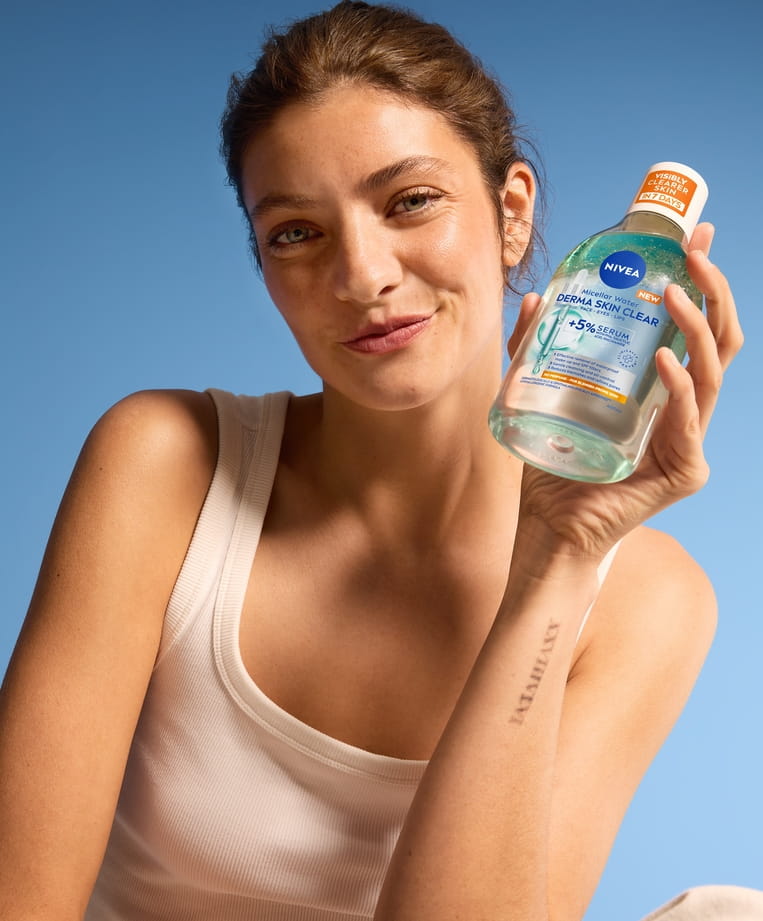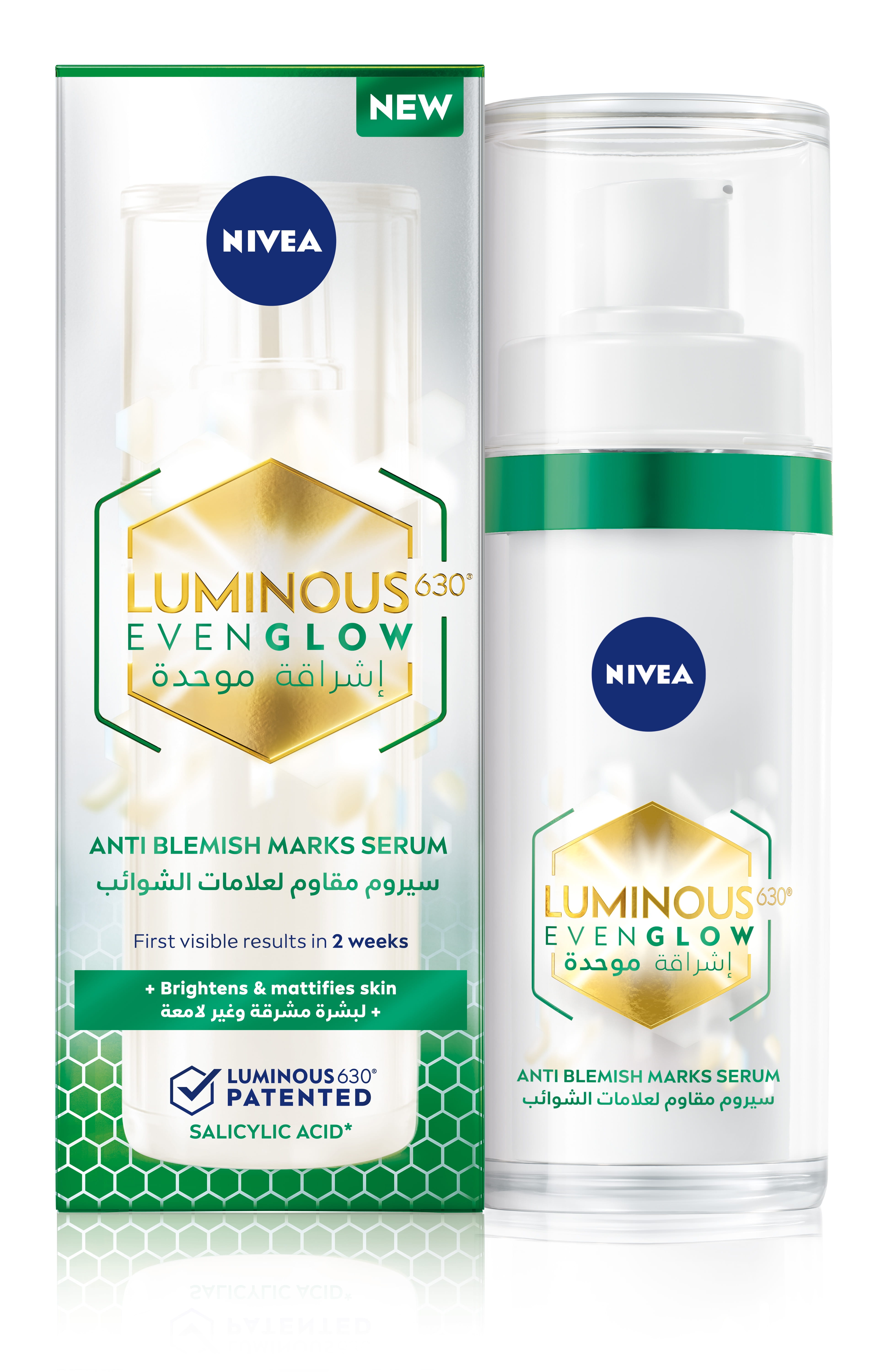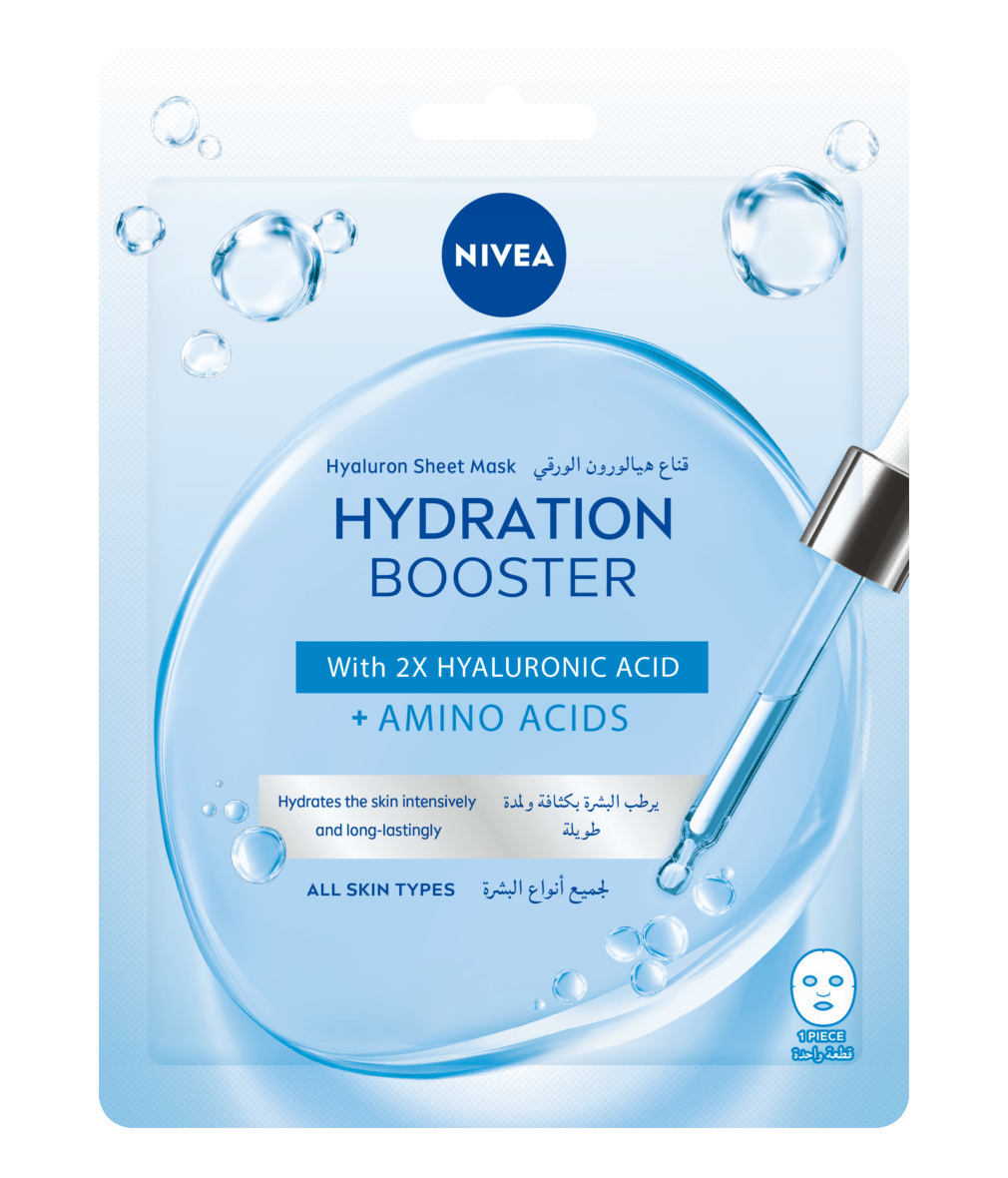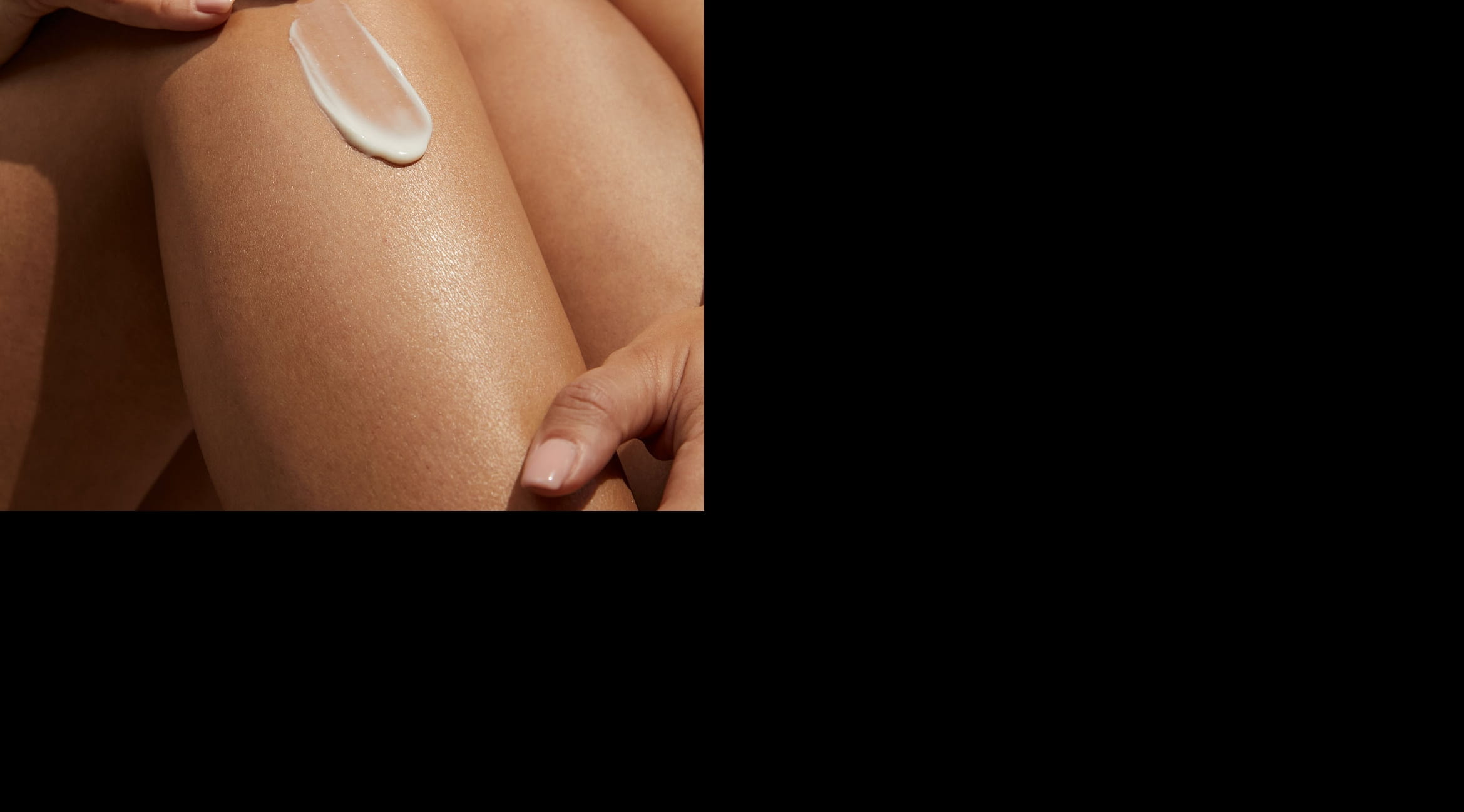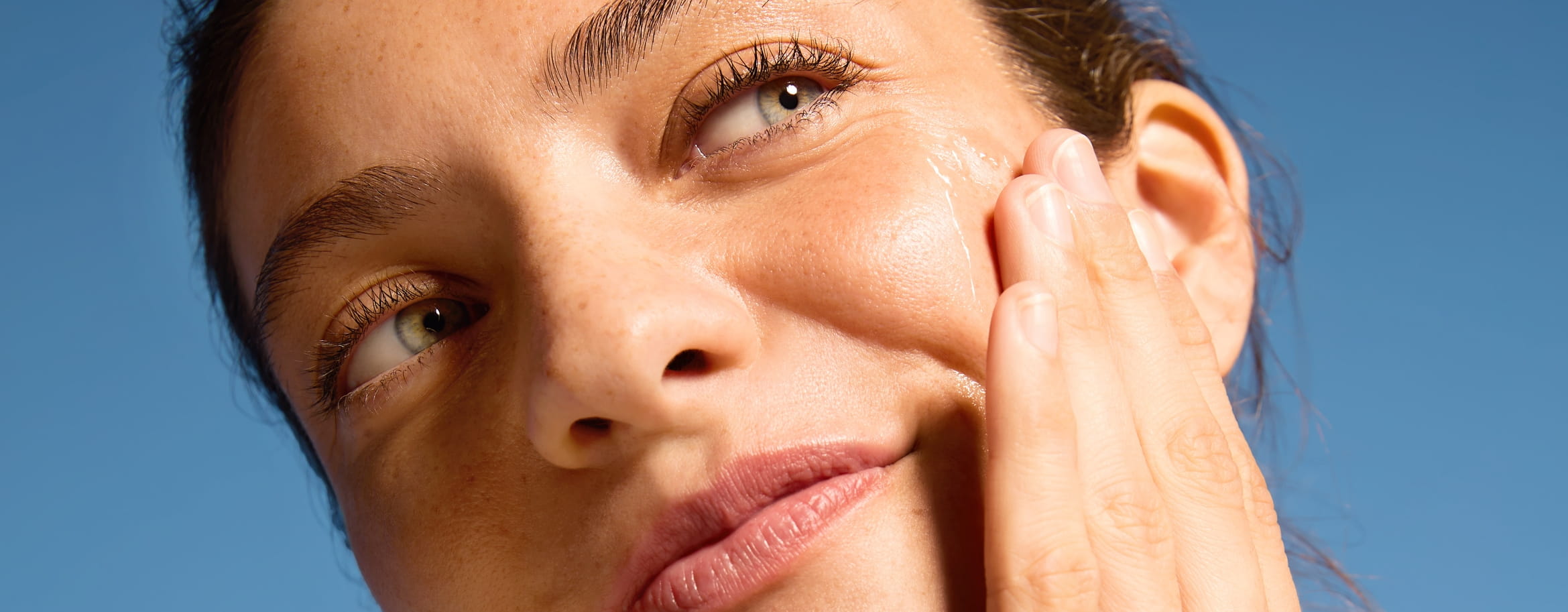
How To Make Your Skin Glow: 4 Tips and Routine
Read 4 tips on how to make your skin glow and uncover a recommended 6 step skincare routine for radiant skin.
What Is A Glowy Skin?
6 Factors Can Impact Your Glow
Lack of Hydration:
Dehydrated skin looks tired and lacks radiance. Drinking enough water, around 6 to 8 glasses (1.5 to 2 liters) per day, and using hydrating skincare can help restore its glow.
Dead Skin Cell Buildup:
Skin renewal slows down with age, leading to a dull appearance. Regular exfoliation helps slough off dead skin cells to reveal fresh, glowing skin.
Poor Skincare Routine:
Using the wrong products or skipping key steps can impact your glow. A consistent routine with the right ingredients can enhance the skin’s natural luminosity.
Aging Process:
As we age, skin loses elasticity and natural radiance. Using serums with ingredients such as Thiamidol, Vitamin C, Hyaluronic Acid, or Retinol can help to make your skin glow.
Seasonality:
In winter, lower humidity levels can cause skin to become drier and more prone to dullness. In summer, increased sun exposure may give the skin a natural glow, but without adequate sun protection, it can also lead to dehydration.
Menstrual cycle:
The ovulatory phase brings higher levels, leading to increased hydration and glowy skin, whereas the luteal phase (before menstruation) is marked by a drop in Estrogen and a rise in Progesterone, which can cause oiliness or dullness.
4 Tips for Glowing Skin
Get Enough Sleep
Aim for 7-9 hours of quality sleep per night to allow your skin to repair and regenerate, to help reduce signs of fatigue and dullness.
Manage Stress
High stress levels can lead to breakouts and dull skin. Practice mindfulness, meditation, or relaxation techniques to help manage stress and help maintain your radiance.
Exercise Regularly
Physical activity improves circulation, which helps deliver Oxygen and nutrients to the skin, leaving it looking fresh and glowing.
Eat a Nutrient-Rich Diet
Incorporate antioxidant-rich foods such as berries, leafy greens, and Omega-3 fatty acids to promote skin health.
